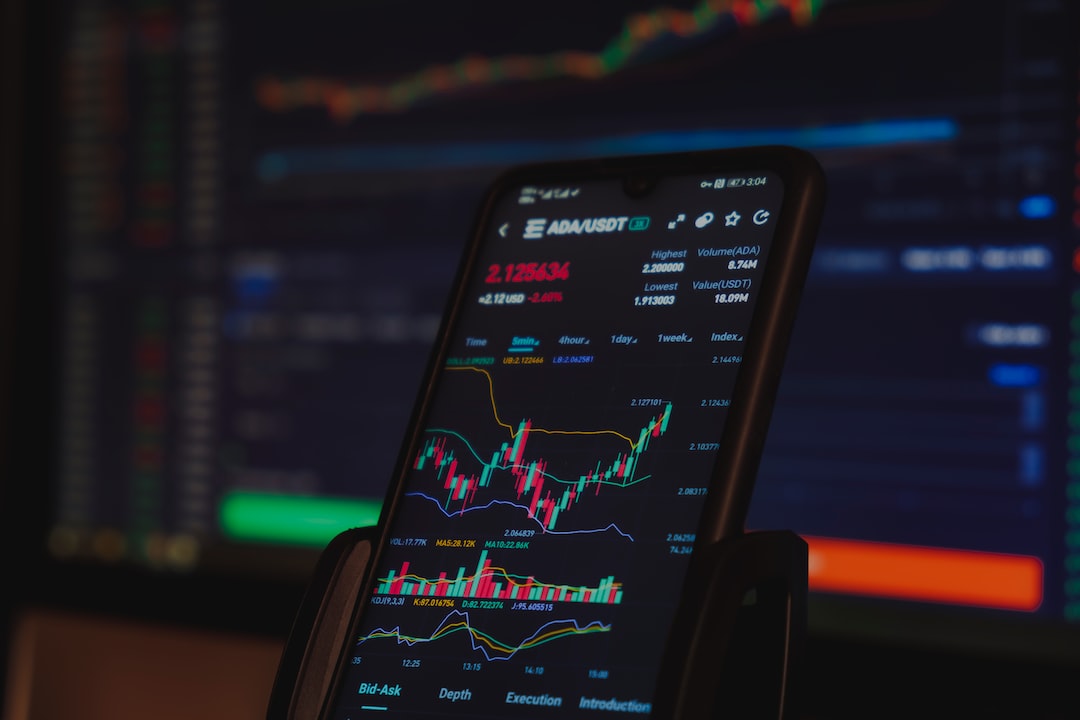Bitcoin’s Energy Consumption and Water Usage
Bitcoiners are criticizing the BBC for an article that discusses the cryptocurrency’s energy consumption and water usage. The article claims that every Bitcoin transaction consumes a significant amount of water, but critics argue that this claim is based on unreliable information.
The Relationship Between Bitcoin and Water Consumption
The BBC article explains that Bitcoin’s water consumption is related to the sources of electricity used to mine the cryptocurrency. This includes water used at mining venues, such as coal plants, hydroelectric dams, and for cooling the mining machines themselves.
A study published in Cell Reports Sustainability estimates that Bitcoin’s water consumption amounted to 1,600 gigalitres in 2021 and could exceed 2,200 gigalitres in 2022.
Criticisms of the Study and its Author
However, there are several issues with the study. Firstly, it was written by Alex de Vries, an employee of the Dutch Central Bank who has a history of making inaccurate predictions about Bitcoin’s energy consumption. For example, he predicted in 2017 that Bitcoin mining would consume 50% of the world’s energy by 2020, which turned out to be false.
Furthermore, de Vries has been criticized for his bias against Bitcoin as a former central bank lobbyist. Critics argue that his figures are flawed because they don’t take into account that Bitcoin’s energy consumption is not directly tied to each transaction but rather to the miners who earn Bitcoin through mining activities.
Misrepresentation by Other Media Outlets
Other media outlets have exaggerated de Vries’ claims even further, stating that a single Bitcoin trade uses a swimming pool’s worth of water. However, most Bitcoin trades occur on centralized exchanges and are not directly connected to the mining process.
Bitcoin Mining’s Green Energy Mix
Contrary to the negative portrayal of Bitcoin’s energy consumption, recent estimates suggest that Bitcoin mining has a greater than 50% green energy mix, surpassing most other industries. Survey data from the Bitcoin Mining Council supports this figure, with estimates as high as 59.9%.
Familiar FUD for Bitcoiners
Bitcoiners are accustomed to negative press about the cryptocurrency’s electricity use. Elon Musk and Chris Larsen have both expressed concerns about Bitcoin’s environmental impact in the past. However, the online Bitcoin community tends to dismiss such criticisms and has responded similarly to the BBC’s article.
Hot Take: Bitcoin’s Water Consumption Controversy
The controversy surrounding Bitcoin’s water consumption highlights the ongoing debate about the cryptocurrency’s environmental impact. While some studies and media outlets criticize Bitcoin for its water usage, critics argue that these claims are based on flawed metrics and biased information. It is important to consider multiple perspectives and reliable data when discussing Bitcoin’s energy consumption and sustainability. As the cryptocurrency industry continues to evolve, it is crucial to find innovative solutions that balance environmental concerns with technological advancements.
Owen Patter is a distinguished crypto analyst, accomplished researcher, and skilled editor, leaving a notable imprint on the cryptocurrency landscape. As a proficient crypto analyst and researcher, Owen delves into the intricate realms of digital assets, offering insights that resonate with a diverse audience. His analytical acuity is harmoniously paired with adept editorial skills, allowing him to transform complex crypto information into easily comprehensible content. Owen’s contributions serve as a valuable guide for both seasoned enthusiasts and newcomers, aiding them in navigating the dynamic world of cryptocurrencies with well-researched perspectives. With a meticulous commitment to precision, he empowers informed decision-making in the ever-evolving crypto domain.

